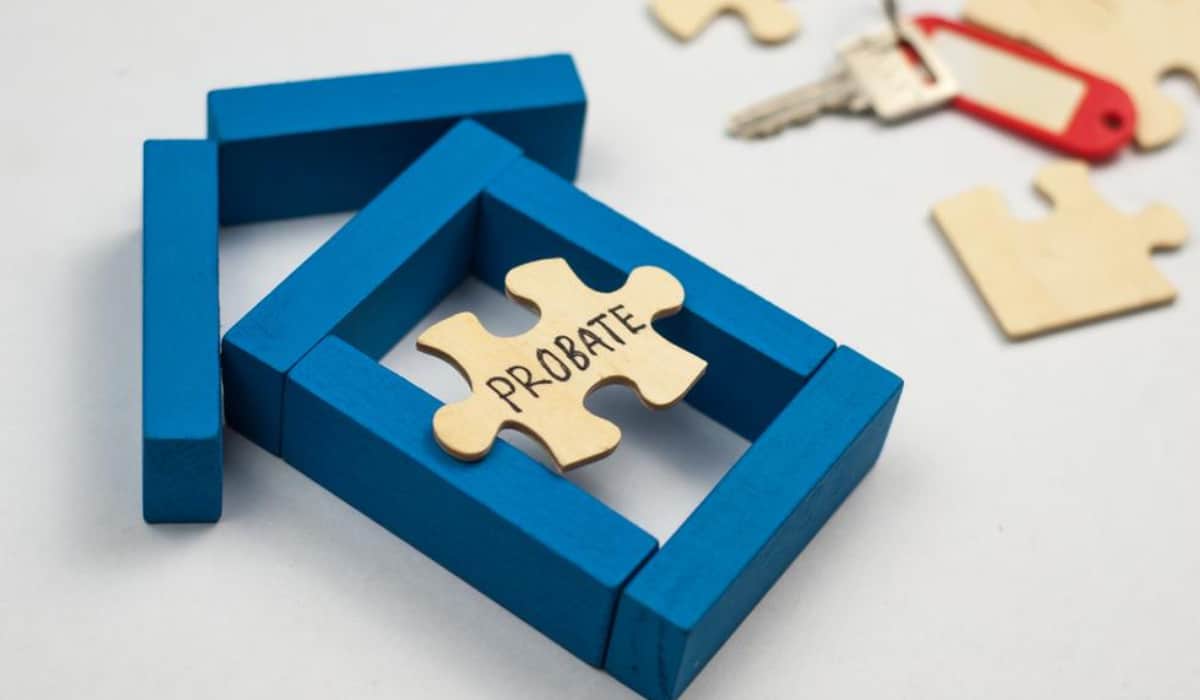Legacy Design Strategies
Omaha, NE, Minot, ND and Iowa Fall, IA Estate Planning and Elder Law Firm
Estate Planning and Elder Law Blog

Probate is a Latin term meaning “to prove.” Legally, a deceased person may not own property, so the moment a person dies, the property they owned while living is in a legal state of limbo. The rightful owners must prove their ownership in court, explains the article “Wills and Probate” from Southlake Style. Probate refers to the legal process that recognizes a person’s death, proves whether or not a valid last will exists and who is entitled to assets the decedent owned while they were living.
The probate court oversees the payment of the decedent’s debts, as well as the distribution of their assets. The court’s role is to facilitate this process and protect the interests of all creditors and beneficiaries of the estate. The process is known as “probate administration.”
Having a last will does not automatically transfer property. The last will must be properly probated first. If there is a last will, the estate is described as “testate.” The last will must contain certain language and have been properly executed by the testator (the decedent) and the witnesses. Every state has its own estate laws. Therefore, to be valid, the last will must follow the rules of the person’s state. A last will that is valid in one state may be invalid in another.
The court must give its approval that the last will is valid and confirm the executor is suited to perform their duties. Texas is one of a few states that allow for independent administration, where the court appoints an administrator who submits an inventory of assets and liabilities. The administration goes on with no need for probate judge’s approval, as long as the last will contains the specific language to qualify.
If there was no last will, the estate is considered to be “intestate” and the laws of the state determine who inherits what assets. The laws rely on the relationship between the decedent and the genetic or bloodline family members. An estranged relative could end up with everything. The estate distribution is more likely to be challenged if there is no last will, causing additional family grief, stress and expenses.
The last will should name an executor or administrator to carry out the terms of the last will. The executor can be a family member or a trusted friend, as long as they are known to be honest and able to manage financial and legal transactions. Administering an estate takes time, depending upon the complexity of the estate and how the person managed the business side of their lives. The executor pays bills, may need to sell a home and also deals with any creditors.
The smart estate plan includes assets that are not transferrable by the last will. These are known as “non-probate” assets and go directly to the heirs, if the beneficiary designation is properly done. They can include life insurance proceeds, pensions, 401(k)s, bank accounts and any asset with a beneficiary designation. If all of the assets in an estate are non-probate assets, assets of the estate are easily and usually quickly distributed. Many people accomplish this through the use of a Living Trust.
Every person’s life is different, and so is their estate plan. Family dynamics, the amount of assets owned and how they are owned will impact how the estate is distributed. Start by meeting with an experienced estate planning attorney to prepare for the future.
Reference: Southlake Style (May 17, 2021) “Wills and Probate”

Get Started Today
Book your Free Estate Planning Consultation Now
Stay Up-To Date
Subscribe to Our eNewsletter
9859 South 168th Avenue,
Omaha, NE 68136
7 Third Street SE, Suite 202,
Minot, ND 58701
320 North Oak Street, PO Box 295,
Iowa Falls, IA 50126
